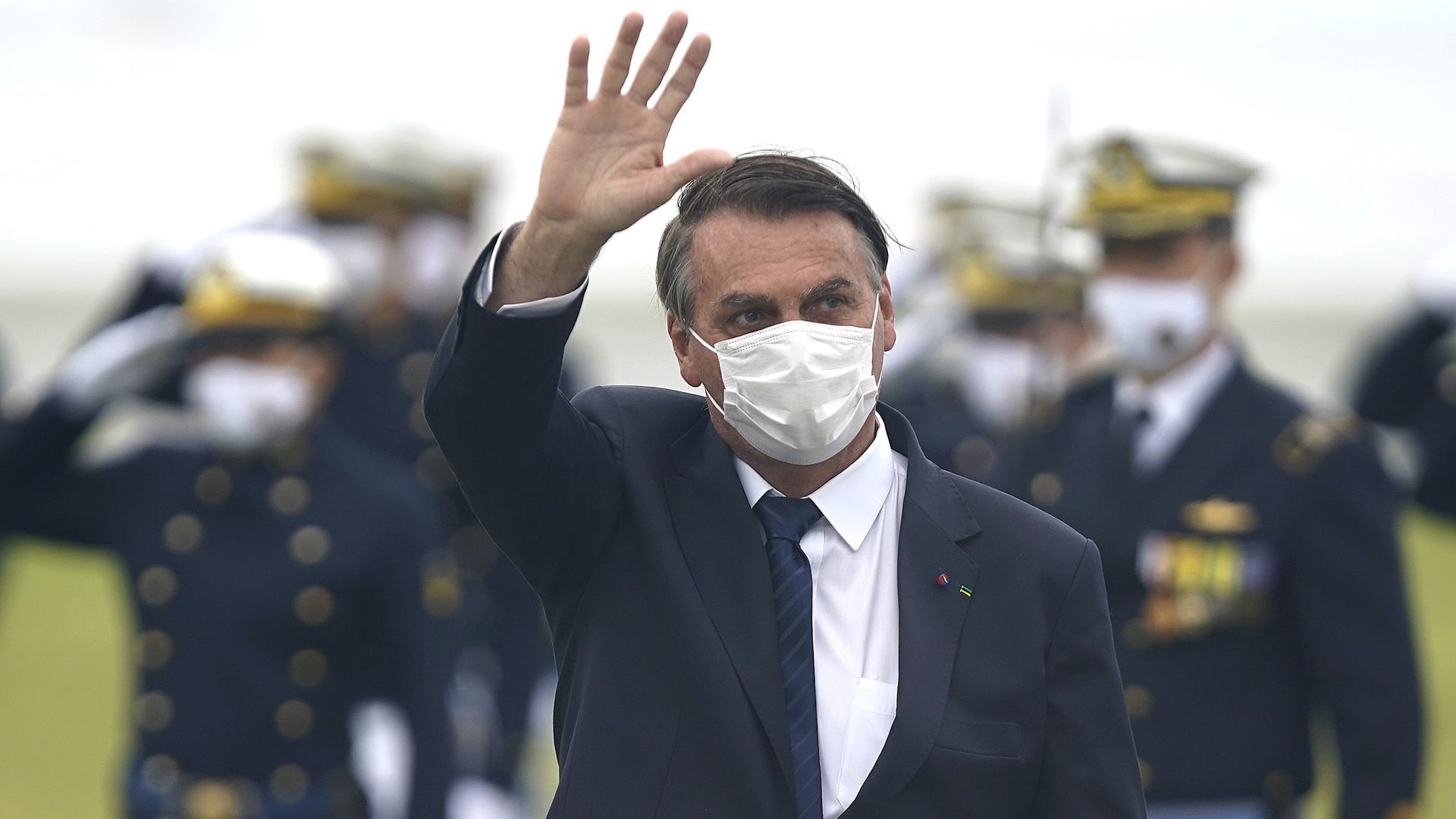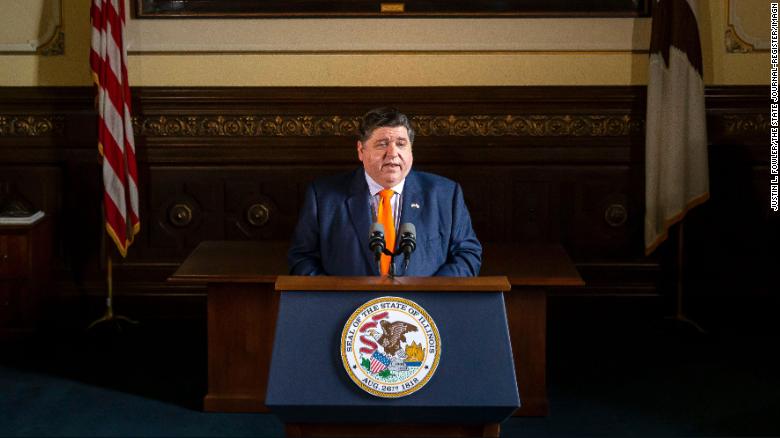Cubans in Spain live through historic protests between "anguish" and optimism
The nearly 11,000 Cuban immigrants in our country receive little information about the situation on the island because of Internet cuts
"There is one thing that has always prevented us from being free and that is fear," says one of the opposition leaders in Spain.
Cuba is breathing a tense calm. Dissidents and demonstrators are seeking to reorganize to keep alive protests that have already left their first fatality, in addition to dozens of arrests. From a distance, the nearly 11,000 Cubans living in Spain follow with great uncertainty and little information what is happening on the island, where internet and communications are constantly cut off.
Elianne Martinez has been living in Spain for twenty years. Here she is the coordinator of the Cuban Civic Embassies, a network of dissidents made up of emigrants in more than 40 countries. According to him, the protests stem from a "social explosion that had been brewing for some time because the situation is unsustainable".
In addition to the difficult economic situation, which he says has reached the point of "famine", there is the arrival of the pandemic and the lack of resources: "It is a brutal health situation and there is not even a single aspirin".
There is one thing that has always prevented us from being free and that is fear.
For Martinez, like so many other compatriots, it has been difficult to contact his family and friends, as "the connections are cut". He confesses that he feels "fear" for them, but believes that his compatriots have begun to lose it as a result of these protests.
"There is one thing that has always prevented us from being free and that is fear. I suffer from it because of everything that has been happening, but now we are seeing an opportunity and we have taken to the streets like crazy," he says.
In Madrid, Barcelona and other cities, dozens of Cubans have rallied in recent days in solidarity with the demonstrators on the island, protests that have also joined Spanish parties such as Vox and PP.
No official data on injuries or arrests
There is no official data on those detained in the protests, but the organization estimates that there are 500 disappeared, "people who have been taken away by state security and who are no longer known about. He also claims that there are "200 political prisoners" even before the start of the demonstrations.
During the day on Monday, dozens of people approached many police stations to ask about the whereabouts of their relatives. Many of them, they said, were mistreated and injured by the police. Martínez defends that the protests are absolutely peaceful and that the repression is disproportionate.
Javier Larrondo, president of the human rights NGO Prisoners Defenders, assures RTVE.es that they have counted "with names and surnames" a hundred detainees and missing persons, while those wounded by bullets could be up to 2,000, according to the information they receive from the island.
According to Human Rights Watch (HRW), the number of detainees in the protests in Cuba "exceeds 150". In addition, the whereabouts of many of them are unknown, said the organization's director for the Americas.
Discontent, economic blockade and social media campaigns
Yunier Córdova arrived in Spain from his native Cuba in 1997. The country was coming from one of its toughest economic crises and the massive protests of the "maleconazo" of 1994. Now, he assures RTVE.es that he lives with "a lot of anguish" the new demonstrations. He believes that it is "difficult to have a clear idea of what is happening because of the disinformation" and because of the internet cuts that the island has been suffering since the demonstrations began last Sunday.
"There is a delicate economic situation, there are blackouts," he recounts, and blames most of the responsibility on the economic blockade imposed by the United States, which during the administration of Donald Trump hardened and further complicated the livelihood of thousands of Cubans, who depend on remittances sent by their relatives abroad.
Although he recognizes the complicated situation the country is going through and the existence of "many dissatisfied people who have taken to the streets", he believes that behind the organization of the demonstrations is "a campaign orchestrated with a lot of money behind it". Córdova, a digital analyst, says there are "many automated bots" that spread messages against the Cuban regime on social networks.
"We need to keep those protests going."
The protests, after their peak last Sunday, have slowed down during Monday and Tuesday, although Martinez and Larrondo point out that many demonstrators are still taking to the streets. "We need to keep those protests going," says the opposition leader, who is calling for more explicit support from other countries and even "military intervention". He recognizes that it is "complicated" for the protests to continue over time because of the "brutal repression" they suffer.
"I'm afraid because it's been three days and they don't have weapons," he says. Yunier points out that repression exists, but "it's not as violent as people say. He remains in daily contact with his mother, who lives in a town, Baracoa, where the mobilizations have not reached.
"I think the protests are not a large majority. Although they have taken to the streets more than ever, there is not enough of a majority to create a movement to defeat the government," he predicts.
ÁLVARO CABALLERO
RTE









